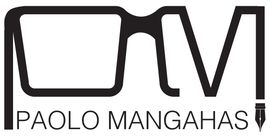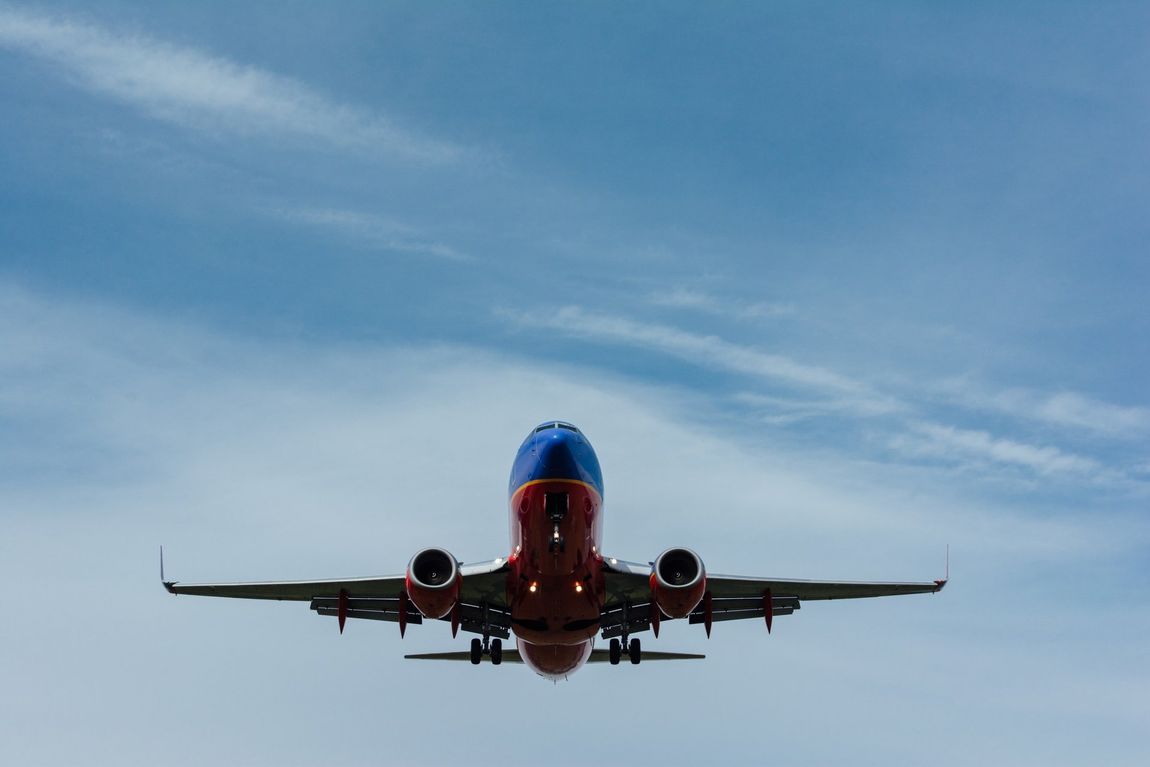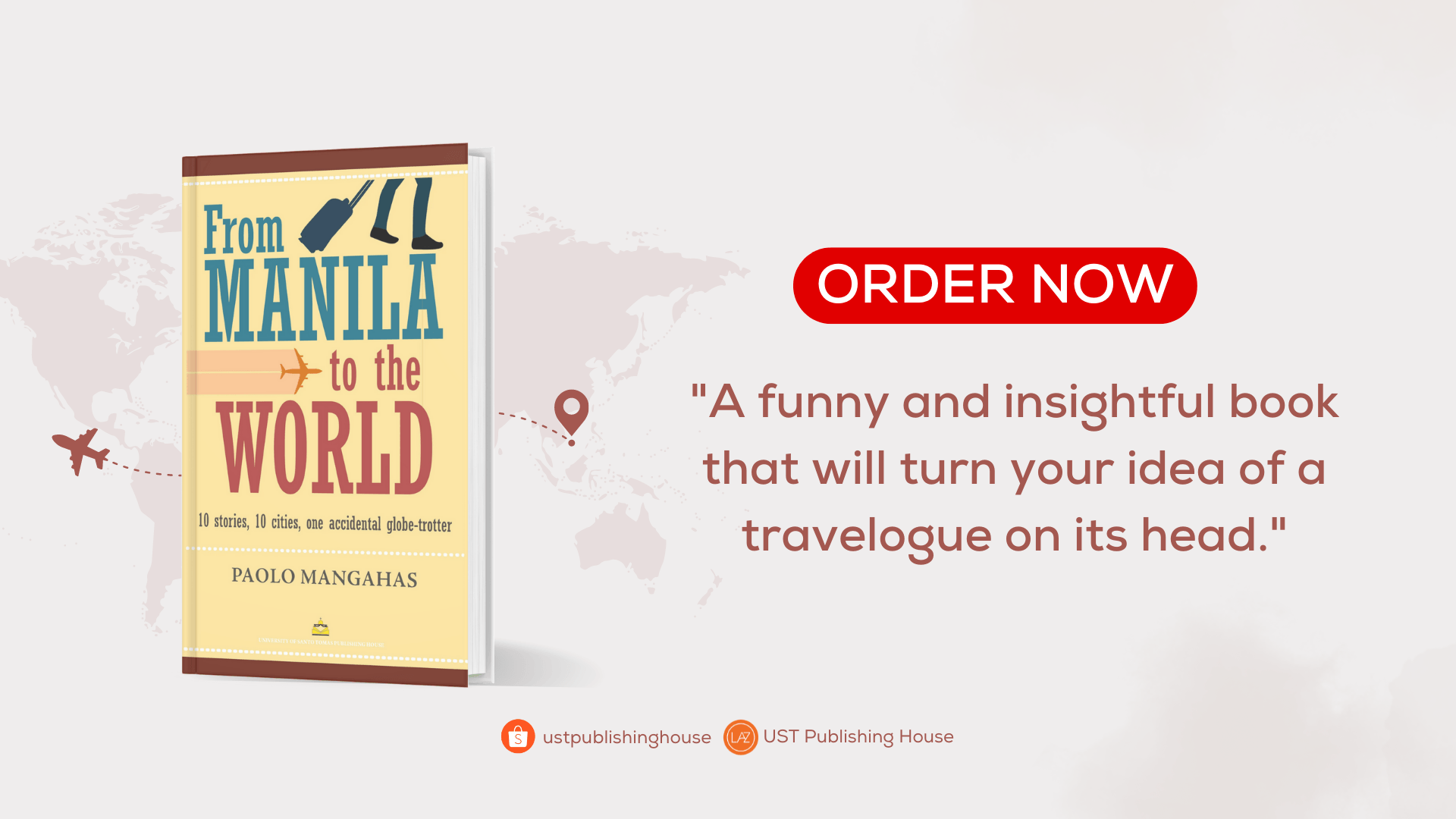About Paolo
Paolo
is a Filipino writer, communications professional, and multimedia creative who currently resides in Singapore.
ESSAYS
MUSINGS
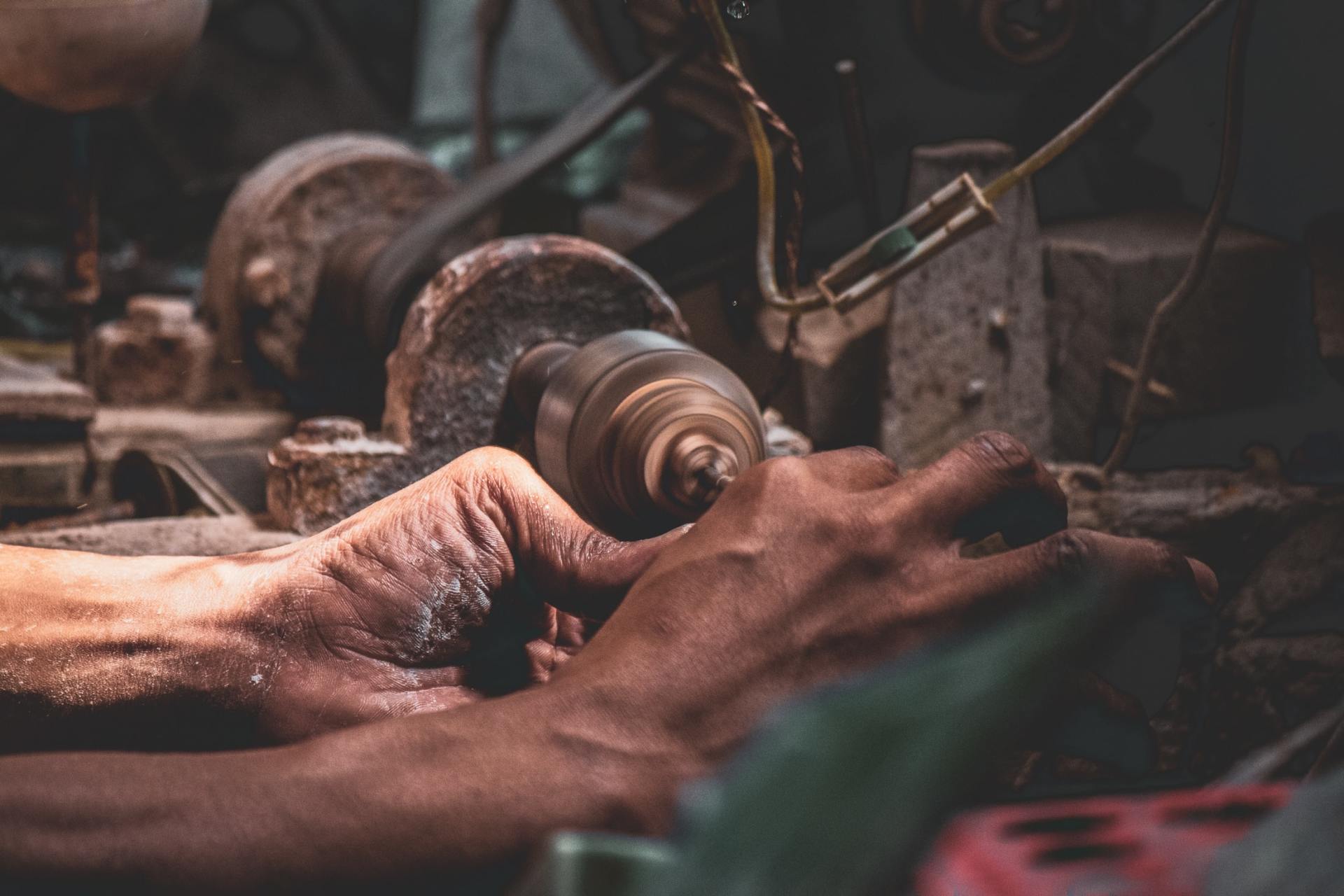
Today, like all the other days that seem to mindlessly bleed into the next, I wake up and groggily turn on my computer. I am grateful to have reason to turn on my computer, to have work to do. Not everyone has the type of job that allows them to work from home, I am painfully aware of that, especially today. It is, after all, Labor Day—an occasion that up until now, has carried no real meaning for me. But today is different. I now think about those who have to make major sacrifices just to get work done from home, those whose jobs require them to bravely leave their houses and risk their health and lives for others, and those who do not get to do any of these at all. Today has got me thinking about work, jobs, professions, vocations, occupations, careers, and I guiltily do so just a few steps away from my bed. What does it mean to labor, to toil, particularly in these times? Does it involve the pounding of a hammer? The whirring of a machine? The ringing of a cash register? What happens when all that comes to a screeching halt in a world where “What do you do?” is synonymous with “Who are you?”? And where the answer to that question sets the social parameters of your identity? How much of our work have we allowed to define who we are? And what is left when that is pulled out from under our feet? Who are we, then, without it? Work has always been a large part of human existence. We are naturally inclined to roll up our sleeves and get our hands dirty—with earth, ink, grease, paint, anything. Our work clothes may have evolved through the years, but the essence of putting in the effort and reaping something in return has always been there. There will always be honor and dignity in contributing to a team, a society, a country, the world. We were born to give of ourselves. That is why to labor is also to give birth—to literally bring life, a part of ourselves, to this world, and to labor even further to ensure that that life lives one that is marked by the same honor and dignity with which we have nurtured it, for it to someday contribute to a team, a society, a country, the world. To labor is to create, to make something that was not there or to perpetuate what was always there. Fundamentally, to labor is to put food on the table, to get an education, to realize aspirations. It is what fuels our passion and drives our purpose. For many, to labor is to also pray. Ora et labora —prayer and work—a Catholic monastic practice most associated with Saint Benedict, who believed in combining contemplation with action, tapping the divine in drudgery. Meditation in motion. Labor, for many, has become a form self-expression, a declaration for the world to know that “I exist,” “I matter,” “I am here to pull my own weight.” So what happens now when one is suddenly denied of this? It comes as no surprise then that many find themselves lost and grieving during these uncertain times—grieving the inability to contribute, to create, to connect with themselves and a higher calling. It has forced people to take a hard look at their place under the sun and grieve for the death of who they thought they were all along, when all the pieces they have used to define themselves have started falling off, one by one, leaving them standing naked, vulnerable. And as with any kind of grief, comes acceptance—acceptance of what is and what could be. It is an invitation to explore and experiment, to see what happens when “Who are you?” comes before “What do you do?”, and to be surprised with the answer. But let us leave that for another day. Days may seem to mindlessly bleed into the next, but today is different. For today, we celebrate. We celebrate all the hands that are never too busy to prepare food for others to eat, the hands that are never too full to deliver essential goods and services for the rest of us to survive, the hands that are never too weary to care for the sick. We celebrate all the beautiful, calloused hands that are still able to do or find meaningful work during this time, showing us what it means to truly do good and honest labor. In return, the least we can do is put our hands together in thankful prayer or heartfelt applause. Yes, there may be jobs that will not survive this period. But there will still be many that will thrive and help soften the ground, so that new ways will emerge for humans to once again roll up their sleeves and get their hands dirty—either holding a pen, a hammer, a brush, a piece of chalk, anything.
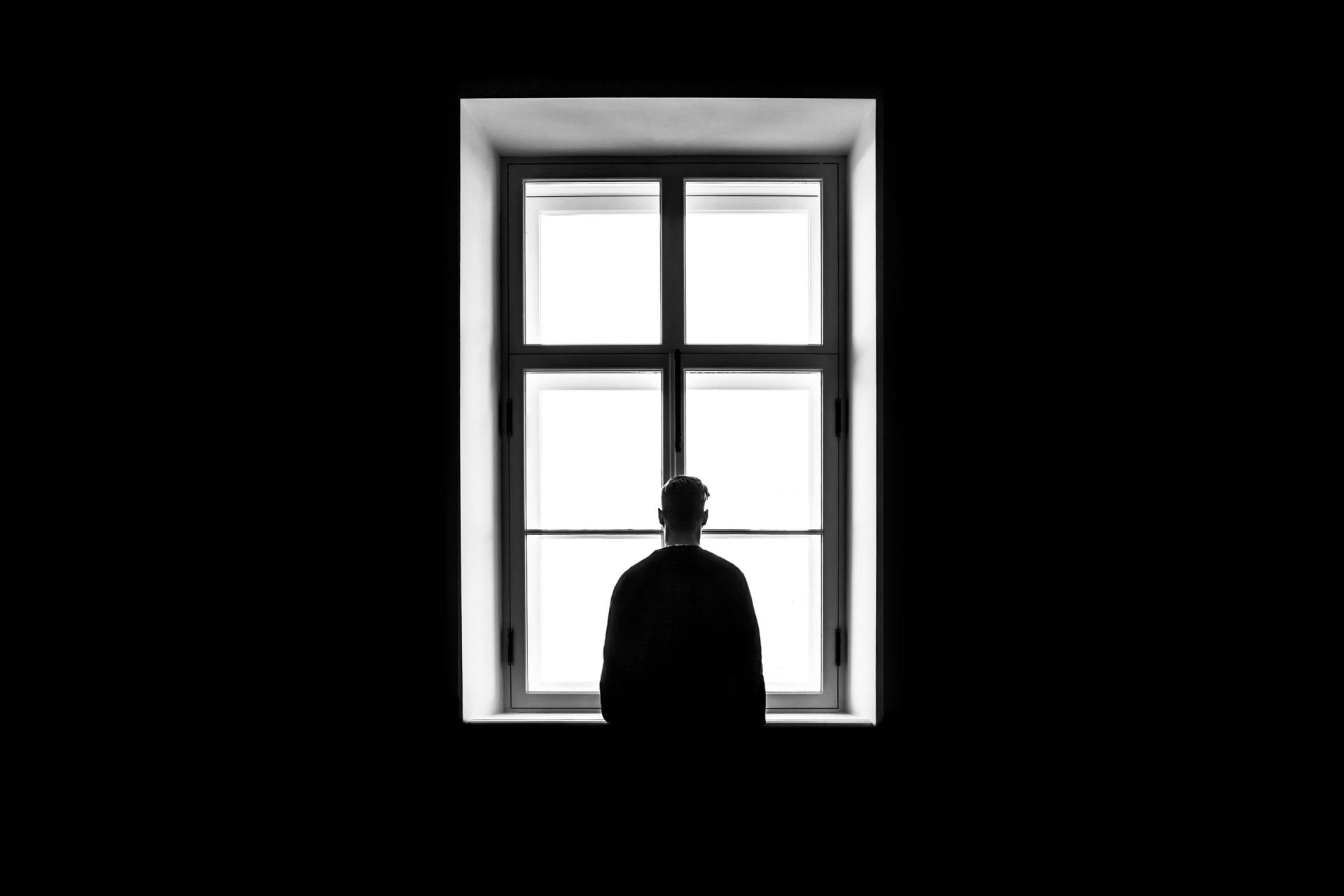
Social distancing, self-quarantine, community lock down—who would’ve thought these words would be part of our vernacular in 2020? Sadly, this isn’t just some dystopic novel. This is our ‘now’. And more and more, as social isolation becomes the norm, mental health issues shouldn’t be pushed to the side. Curtailed freedom—in any form—can be stressful, let’s be honest about that. It heightens our lack of control and powerlessness. That, with constant exposure to global panic and an unhealthy media consumption, will take a toll on a person’s psyche, one way or another. With virtual reality becoming the hallmark of the modern human experience, it's easy to slip into the convenience of online interactions, keeping everyone at a safe distance—physically and emotionally. The world as we know it is changing. And while our current circumstance calls for us to be apart for now, it's also ironically pushing us closer to each other, prompting us not to let this disconnect widen even further. So take this time to connect meaningfully with those who matter to you, even if only through cyberspace. You'll never know what reaching out to others can do to help make this time of uncertainty feel a little more hopeful. Everyone could use that right now. Because if there’s one thing all this is teaching us, is that we’re all in this together. Virtual, yes. But together.
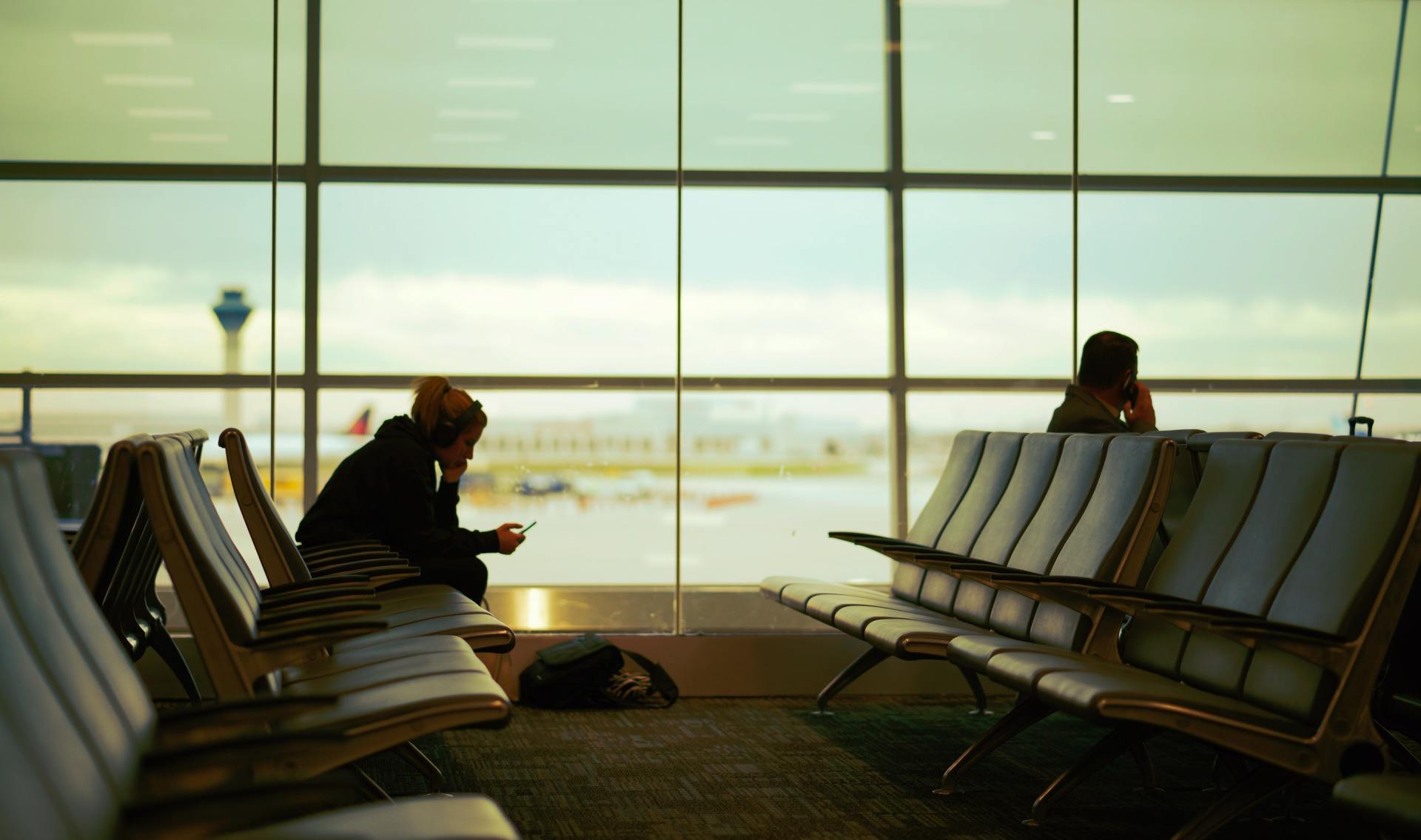
I’ve been thinking about dying lately. Not in a morbid I-want-to-kill-myself (or others) kind of way, but more about death and its inevitability and unpredictability. Maybe it’s because in recent weeks, a number of close friends lost a loved one quite unexpectedly. The older I get, the closer to home death seems to be, extending its hand like a familiar stranger, daring me to study its face, no longer willing to play an amorphous concept that only happens to other people. My mother once said we’re all passengers in this airport called life. Some have to wait much longer, while some are already at the departure gate, waiting for their boarding call. We’re all flying out of here whether we like it or not. It was a fitting analogy especially for someone like me who traveled a lot; one that made me think about everyone’s varied stages of departure. There are those who travel heavy, and there are those who travel light. Whatever you choose to carry with you—grief, acceptance, regret, gratitude, fear, love—is really all up to you. You just better be damn ready once your number is called. In the meantime, try to be kind and helpful to fellow passengers. Oh and please, never cut the line.
BOOKS
VIDEOS
Contact Paolo
Got a question?
Have something to share?
Want to work together?
Type on.
